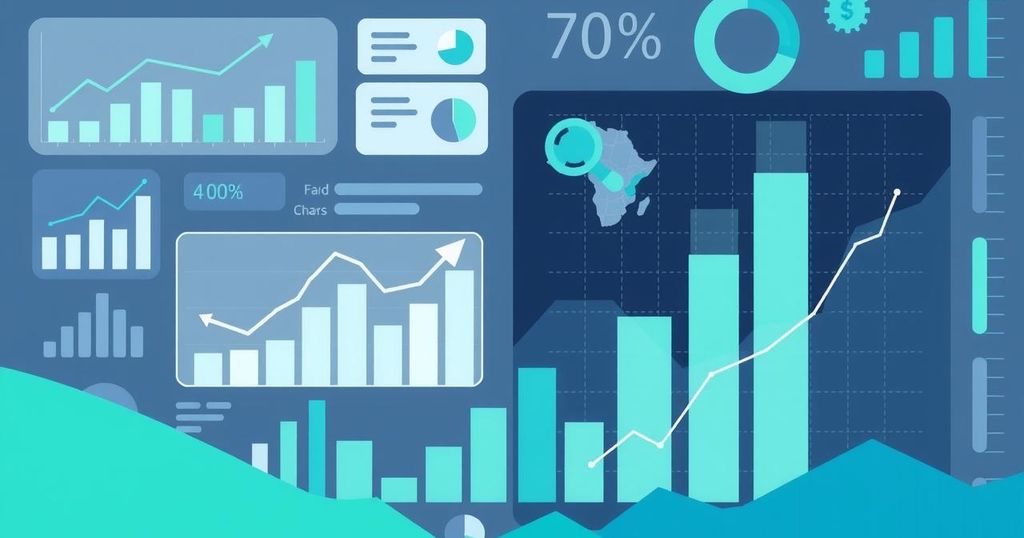Ghana’s 2025 Budget has prompted significant analysis, revealing challenges in revenue generation, particularly within the mining sector and property taxes. Experts emphasize the need for private sector empowerment and improved fiscal strategies to address substantial revenue gaps. Critiques of the current tax collection system raise concerns regarding efficiency and sustainability of government funding models.
The recent discussion regarding Ghana’s 2025 Budget has brought to light significant economic concerns, particularly about revenue gaps. Development finance specialist Eric Boachie Yiadom acknowledged the government’s goal to bolster revenue via the mining sector but cautioned against potential implementation challenges. During Finance Minister Cassiel Ato Forson’s presentation of the budget on March 11, there was a clear emphasis on the dire financial challenges faced by the administration.
The budget encompasses strategies for revenue mobilization, expenditure allocations, and policy adjustments aimed at stabilizing the economy. Mr. Yiadom, speaking on the Asaase Breakfast Show, emphasized the importance of considering the mining sector’s role and its growth potential. “Moving income from the mining sector and increasing it to that threshold will bring in revenue, but we must also consider the implications for sector activities.”
Yiadom expressed concern over the sustainability of the government’s dependence on central funding, advocating for a greater empowerment of the private sector to spearhead infrastructure projects. He stressed, “Government cannot do everything. Until we find ways to support private businesses in areas like gas infrastructure and road construction, we will always be seeking more funds that will never be enough.”
Furthermore, he raised alarms about tax mobilization deficits, noting a stark difference between expenditures and revenue generated. Last year’s spending was approximately GHC279 billion, while revenue was merely GHC150 billion. He asserted, “We need to rethink how we generate and manage funds.”
Priscilla Twumasi Baffour, a senior lecturer at the University of Ghana, criticized the decision to transfer property tax collection back to district assemblies. She claimed property taxes represent an untapped resource, asserting that Accra’s wealth of high-value properties is not efficiently taxed. “Property taxes are an untapped goldmine. Accra’s skyline is filled with high-value properties, yet revenue collection remains inefficient.”
Baffour also expressed doubts about local authorities’ abilities to manage tax collections effectively, lamenting the missed opportunities that previous centralized efforts had offered. She warned that unless evaluation and enforcement are prioritized, inefficiencies in the system will continue. Additionally, she voiced her disappointment regarding the removal of certain tax measures, such as the betting tax, emphasizing, “I think it was a revenue handle that should have been kept. If people are earning income from betting, they should be paying taxes on it.”
In conclusion, the discussions surrounding Ghana’s 2025 Budget reveal critical insights into the country’s economic challenges, particularly concerning revenue generation and tax policies. Experts urge a focus on empowering the private sector and reassessing fiscal strategies to ensure sustainability. There remains a pressing need for efficient tax collection methods, particularly in high-potential areas such as property taxes, to bridge existing revenue gaps.
Original Source: www.asaaseradio.com






